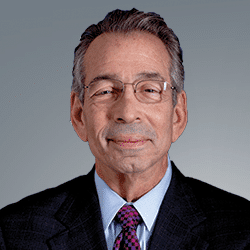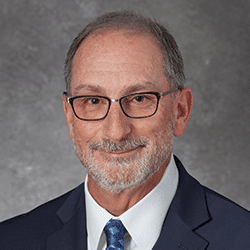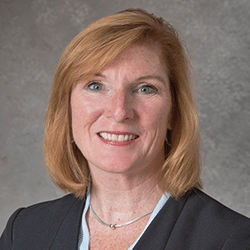Many ADR Systems mediators have labored long into the night or early morning to settle cases. Their commitment to persevering through these lengthy cases has given them insight into why certain cases take so long to settle and what can be done to make the process manageable.
Construction defect and catastrophic personal injury cases often require the lengthiest mediation sessions, according to Hon. Stuart A. Nudelman, (Ret.), senior mediator and arbitrator at ADR Systems.
“With these two types of cases, we’re dealing with multiple plaintiffs and multiple defendants, on top of several expert testimonies, on top of debates about insurance coverage, on top of some very aggrieved feelings,” said Judge Nudelman. “These are complicated, fragile negotiations that require as much time as is needed to get the parties to the place that’s right for them to settle.”
An arduous and time-consuming mediation may even be exactly what is needed to finally resolve the dispute, according to Hon Philip L. Bronstein, (Ret.), senior mediator and arbitrator at ADR Systems. “Mediation is often about building relationships and trust. A lengthy mediation, even a fraught one, is okay so long as a settlement is achieved,” he added.
To help make the mediation process manageable for these types of cases, our neutrals underscore that attorneys should participate in pre-mediation conferences in preparation for the actual mediation.
“Pre-mediation communication gives mediators vital insight into the particulars of the case that go beyond the facts, the theory of liability or the testimony of an expert witness or witnesses,” said Judge Nudelman. “I would say it is almost impossible for cases like these to start out effectively without an update on where the participants stand.”
With these cases, mediators will often contact each of the plaintiffs or defendants so that every sub-group within a case can be heard.
During these conferences, mediators can ask questions about the case’s procedural standing – whether motions have been filed or whether discovery has commenced – and clarify logistics, learn about previous settlement attempts and determine if insurance coverage issues need to be addressed before the mediation can begin. All this information prepares them to tackle the challenges that may arise later.
Additionally, to make the process more manageable, our neutrals recommend that attorneys consider the mindset with which they draft submissions: whether it is a mediation-minded submission or a litigation-minded submission for a mediation – two drastically different approaches.
Litigation-minded mediation submissions – ones listing out ten or more legal issues, for example – often have one eye on a future trial. While that is understandable, it can undermine the purpose and goal of mediation: to cultivate trust and negotiate toward a settlement, to bring the whole case to a suitable end. While preparing their submissions, attorneys should remain cognizant that they are not entering an all-or-nothing arena but one in which they are serving their client as an advocate-negotiator.
And if the occasion arises, attorneys should be willing to explore new approaches to settlement negotiations, no matter how late in the game.
“A new approach to an old problem is a blessing, even after hours and hours of mediation,” said Judge Bronstein. “Yes, it may drag proceedings out further – the attorneys need to consider how it best serves their client and then debate it between parties – but that new proposal has generated momentum and provided an alternative perspective that might just close out the process with an agreement.”
Construction defect and catastrophic personal injury cases tend toward lengthy mediations, but the scale of these sessions can be managed with effective use of pre-mediation conferences, a change in mindset when drafting submissions and a willingness to consider new approaches at any stage of the mediation.
Learn more about mediation at ADR Systems.
Hon. Philip L. Bronstein, (Ret.) is a skilled mediator and arbitrator with experience resolving thousands of civil litigation cases by settlement or adjudication. Before his time on the bench, he briefed and argued numerous cases before the Court of Appeals for the Seventh Circuit, the Illinois Supreme Court, and the Illinois Appellate Court. As a lawyer and judge, he has been involved in many issues that have led to the creation of appellate case law in the areas of taxation, civil rights, personal injury, and nursing home disputes, among others.
View Judge Bronstein’s Full Bio
Request Judge Bronstein’s Availability
Hon. Stuart A. Nudelman, (Ret.) is a senior mediator and arbitrator at ADR Systems. He is highly experienced in commercial, personal injury and complex construction matters, among many others. He has resolved more than 2,000 mediations and arbitrations throughout the United States in the past eight years.
View Judge Nudelman’s Full Bio.
Request Judge Nudelman’s Availability.
ADR Systems, It’s Settled.®





